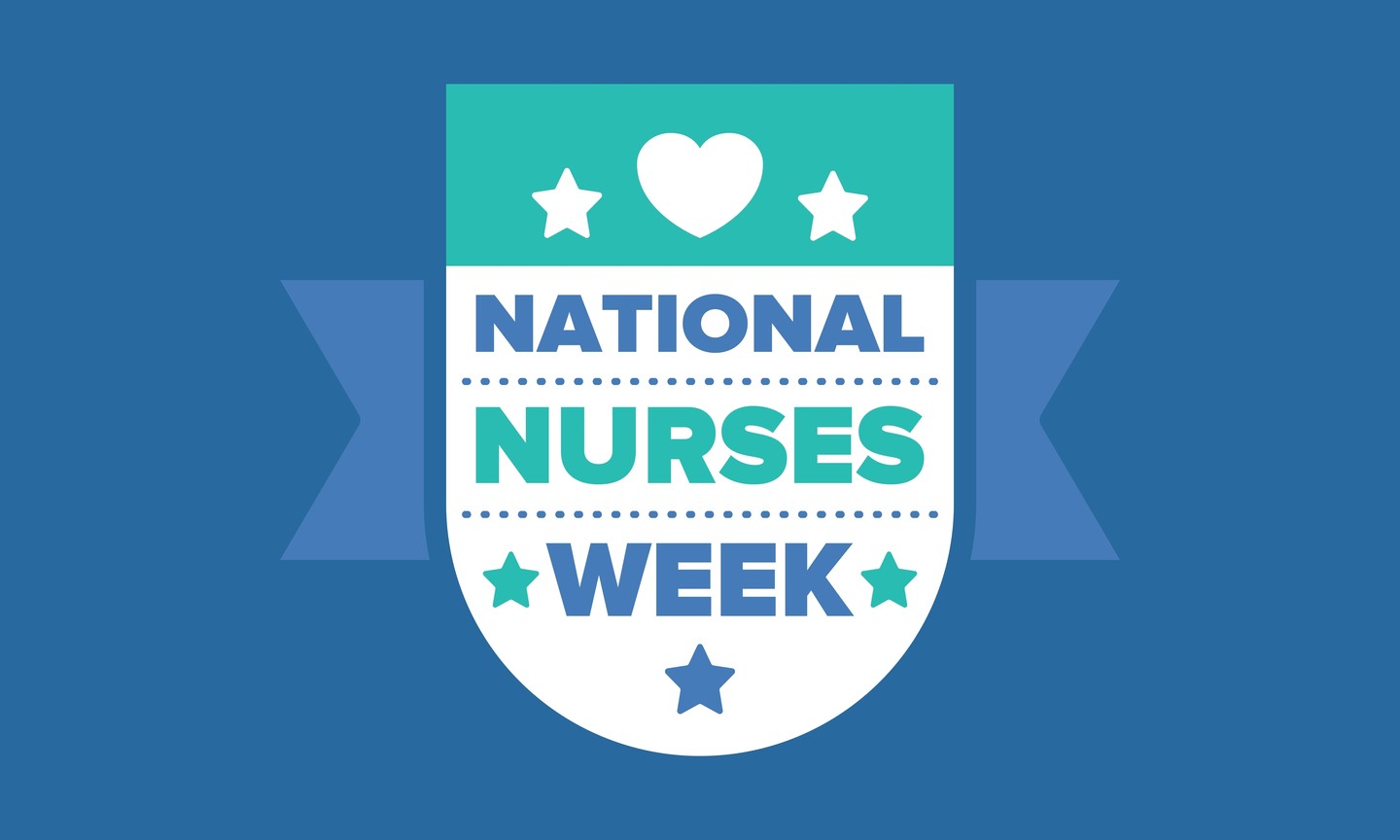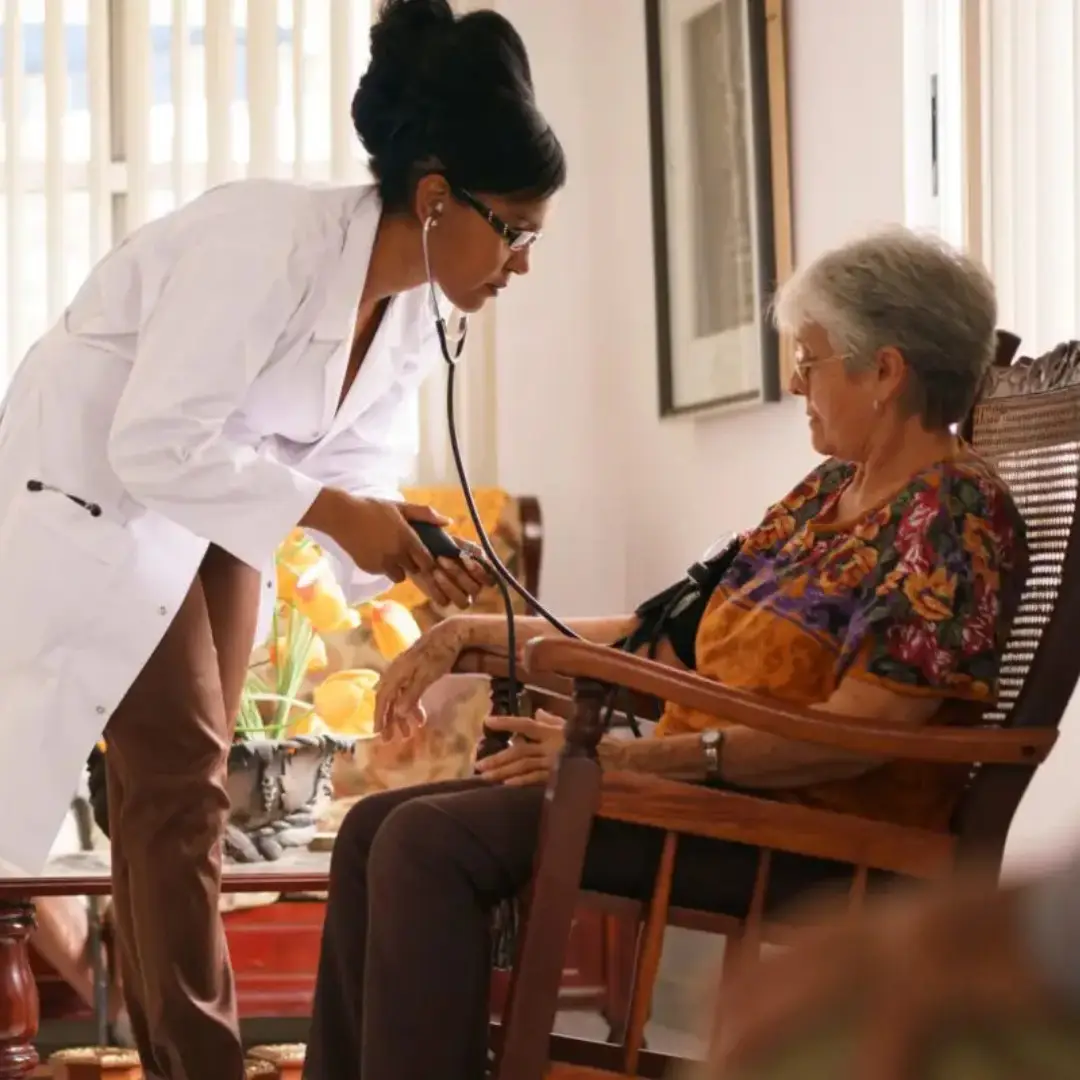This post, Is texting at work acceptable for nurses?, first appeared on https://www.nurse.com/.
A nurse reader asked what she should do about a personal text message she sent to her husband’s ex-wife.
The reader did not include what she sent the ex-wife, but whatever the message, her employer charged her with “improper telephone communication” for texting at work. The reader’s supervisor told her the ex-wife personally came to the hospital to complain about the text and spoke with the supervisor, CNO, CEO and HR department. The ex-wife also informed hospital administration about their personal family situation, which apparently included an “ugly divorce and custody battle.” The nurse is concerned about being reported to the state board of nursing by the employer and whether her job is in jeopardy.
Hospital policies governing mobile devices and texting at work
It is not known what policy or policies this nurse’s employer adopted for the use of communication devices at work, but a breach of the policy occurred as evidenced by the improper communication charge.
This particular hospital might only approve the use of smartphones for patient care issues, communicating with other staff or seeking information about a particular diagnosis.
It is also not known if the facility requires the nursing staff only use a smartphone issued by the facility or if they are allowed to bring their own device to work. We also don’t know which of the two was used to text the ex-wife. Regardless of these issues, the nurse who submitted the question has used her phone in a manner not approved by the employer.
As a result, it is quite possible she will be terminated. The nurse can grieve the termination if she believes it was unfair or not consistent with the employer’s policy governing employee conduct and smartphone use.
That may be an uphill battle. The text message, whatever its contents, was shared with the employer. Its existence cannot be denied. Whether truthful or not, the ex-wife’s comments to the nurse’s administrators raise additional character concerns.
Professional licensure concerns about texting at work
There are several licensure worries this nurse faces as well. Initially, if she is terminated from her job, the state nurse practice act may require the employer or the nurse herself to report the termination to the board. If this is required, the nurse will need to be honest and truthful about why the termination occurred. Because the use of a smartphone for personal reasons such as texting at work can cause a risk to patient safety, the board may determine discipline is necessary. If the employer policy was not adhered to, this will be an additional point the board must evaluate. The board also might see her behavior as unprofessional conduct likely to deceive, defraud or harm the public.
Although you may think an unprofessional conduct allegation would only be based upon your nursing practice, such as breaching nurse-patient confidentiality, signing on a work computer with another person’s code or negligent patient care, that is no longer the case.
Boards of nursing are expanding the definition of unprofessional conduct. Because you are a licensed professional, you have an obligation to be “professional” at all times, whether or not you are practicing nursing. Thus, being convicted of a DUI or shoplifting, or texting your husband’s ex-wife while at work and stoking an ongoing feud, may result in you being professionally disciplined for unprofessional conduct.
Was this nurse’s texting at work unusual?
A 2014 study determined the frequency of non-work related use of communication devices. A group of 825 respondent members of the Academy of Medical-Surgical Nurses met the study inclusion criteria and answered a 30-question survey.
The use of a personal mobile device while working (not during breaks or meal times) was reported by 78% of respondents. Meanwhile, 39% of respondents reported regularly sending personal emails and text messages while working. “Regularly” was defined as sometimes, often or always.
The study, “Non-Work-Related Use of Personal Mobile Phones by Hospital Registered Nurses,” also noted the frequent use of such communication devices can result in “distracted” nurses and, therefore, impact safe nursing care.
What you need to know about using your phone at work
Despite the fact this nurse’s cell phone usage for personal texting at work may not be unusual, her experience and the above study provide several points you should keep in mind.
-
Know and follow your employer’s policies on the use of communication devices and personal texting at work.
-
Think carefully before texting anything personal. This may place you in danger of losing your job or facing a board of nursing disciplinary proceeding, which might lead to you being considered unprofessional or unethical.
-
Know your nurse practice act and state nursing rules and what both say about the conduct expected of you as a licensee.
-
Analyze the language in the nurse practice act and state rules that specifically allow the board to take disciplinary action against you when not practicing nursing.
-
Conduct yourself as a professional at all times, whether on duty or not. Never expose your patients to an unreasonable and foreseeable risk of harm when using a communication device for any reason.
Take these courses on hospital policy:
Facebook: Know the Policy Before Posting
The fundamental function of Facebook (and other social networking sites, such as Twitter) is allowing “friends” to share information. Friends are people who have agreed to communicate with and allow one another some level of access to personal information. Anyone with access to the Internet can join Facebook, the most popular social networking site, and connect with contacts. As of June 2015, Facebook claims more than 1.49 billion monthly active users. In healthcare, Facebook posts can influence the hiring process, violate patient privacy and result in termination of employment. This module informs healthcare professionals of the risks of social networks, which break down the walls separating our personal and professional lives.
The Nurses’ Bill of Rights: Do You Know Your Rights?
The American Nurses Association (ANA) held a nursing staffing summit in Washington, D.C., in 2000. In a survey preceding the summit, 75% of nurses reported the quality of nursing care at their facilities had declined because of inadequate staffing and decreased nurse satisfaction. More than 200 summit attendees determined the need for a document to detail what nurses need and deserve to do the best for their patients. This need served as the impetus for the Nurses’ Bill of Rights, which was approved by the ANA board of directors in 2001. The Nurses’ Bill of Rights is a statement of professional rights rather than a legal document. It establishes an informal covenant between nurses and their employing institutions to help guide organizational policy and to focus discussions between nurses and employers on issues related to patient care and working conditions. Nurses can advocate more effectively for patients’ rights when they have critical information about their own rights. Not every nurse is familiar with the Nurses’ Bill of Rights or related rights described by various state boards of nursing and nursing associations in their position statements. This module provides an overview of them.
Increasing Your Nursing Influence Through Leadership: Boards!
Nurses are influential and trusted. As a profession, nursing has been rated as one of the most honest and ethical for well over a decade. With the trust that nurses have merited from the public, what is a significant way for nurses to impact public and community health? Active involvement on boards! One of the goals of the significant The Future of Nursing: Leading Change, Advancing Health report was that nurses practice to the best of their capacity including pursuing leadership positions to improve healthcare in America. Nurses are key leaders that should be at the forefront of decision-making to improve the health of communities. Learn key info about why and how joining a board, commission, or coalition can help you influence public health with the skills you already hold! The Nurses on Boards Coalition has a goal: 10,000 nurses as members of various boards by 2020.
This post, Is texting at work acceptable for nurses?, first appeared on https://www.nurse.com/.











